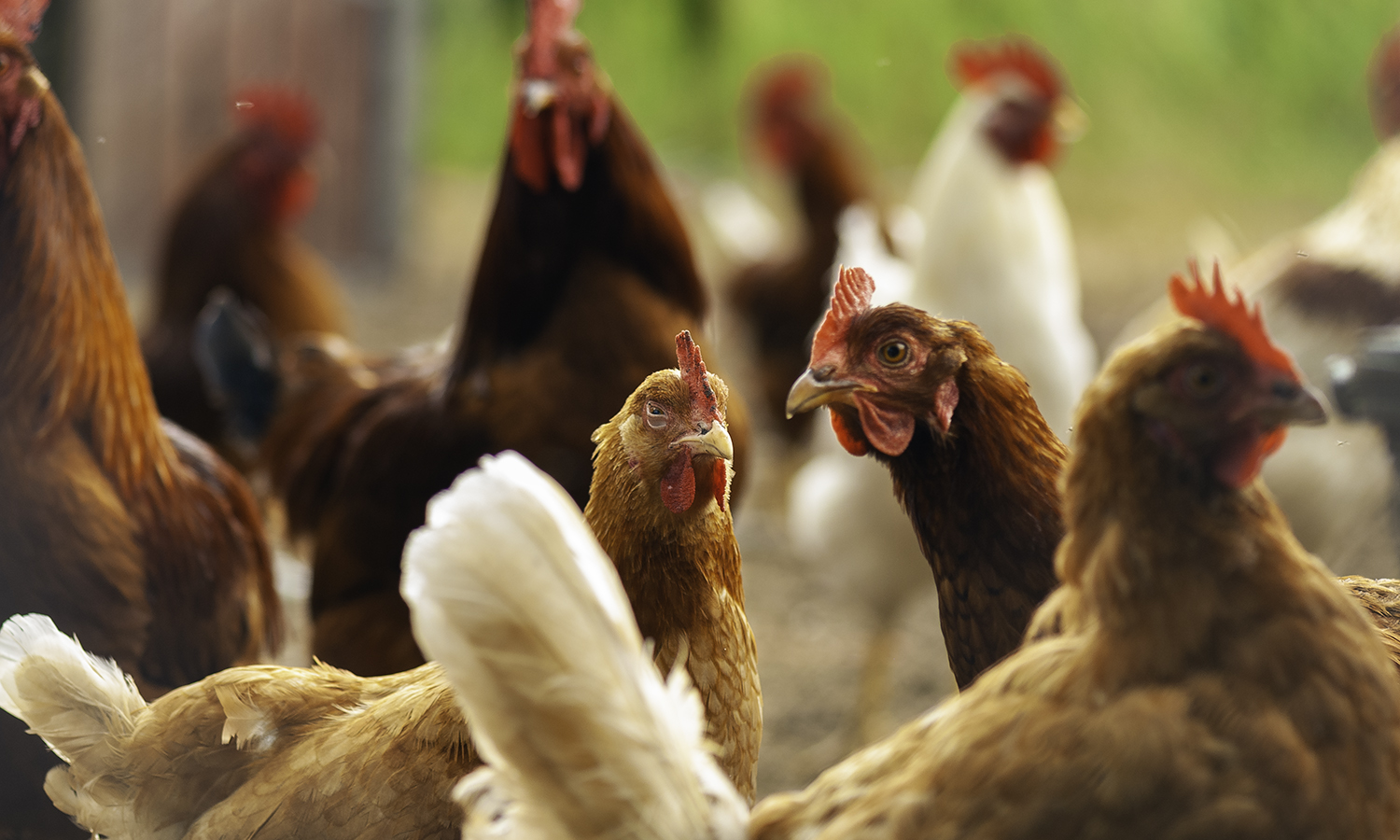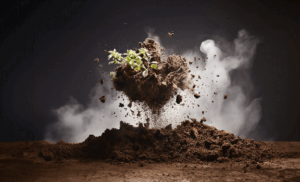Quranic Mentions of Livestock and Nutritional Insights
The Quran contains profound references to livestock, not just as creatures of utility but as signs of Allah’s mercy, creation, and wisdom. These mentions often align with modern scientific understanding of animal-based nutrition, sustainable living, and ethical treatment. By examining these Quranic verses in light of contemporary nutritional knowledge, we can appreciate how deeply the divine guidance intersects with daily sustenance and human well-being.
Livestock as Divine Blessings
Quranic References to Cattle
The Quran highlights cattle (An’am) as blessings from Allah, often associating them with sustenance and gratitude. Surah An-Nahl (16:5) mentions:
“And He created the cattle for you; in them is warmth and [numerous] benefits, and from them you eat.”
Camels and Their Significance
Camels are uniquely mentioned in the Quran for their endurance and design. Surah Al-Ghashiyah (88:17) asks:
“Do they not look at the camels—how they are created?” This verse draws attention to the camel’s nutritional and logistical importance in desert life.
Sheep and Goats in Daily Use
These animals are referenced in both spiritual and practical contexts. They provide meat, milk, wool, and skins—used in ancient and modern societies alike for food and shelter.
Nutritional Value Highlighted Through Scripture
Milk as a Pure Drink
Surah An-Nahl (16:66) describes milk as a miraculous provision:
“From between excretions and blood, We produce for you milk, pure and palatable to drinkers.” This aligns with milk’s nutritional role as a complete protein source.
Honey and Its Healing Power
While not livestock themselves, bees are technically managed creatures in agriculture. The Quran refers to honey in Surah An-Nahl (16:69):
“There comes forth from their bellies a drink of varying colors, which is healing for people.” Honey’s antibacterial properties are now scientifically proven.
Meat and Health
Although the Quran encourages moderation, it permits the consumption of halal meat. Meat from cattle, goats, and sheep is rich in iron, protein, and essential amino acids.
Spiritual Lessons from Livestock
Symbol of Sacrifice
The act of Qurbani or Udhiyah—sacrificing livestock during Eid al-Adha—teaches submission and gratitude. It’s rooted in the story of Prophet Ibrahim (AS) and symbolizes piety over ritual.
Lessons in Moderation
The Quran does not promote overconsumption. Surah Al-A’raf (7:31) advises:
“Eat and drink, but waste not by extravagance; certainly He likes not Al-Musrifun (those who waste).”
Ethics of Animal Treatment
Islam encourages kind and humane treatment of animals. Even during sacrifice, animals must not be tortured or harmed unnecessarily—an ethical code now reflected in global animal welfare laws.
Livestock in Agricultural Ecosystems
Role in Soil Fertility
Animal dung is a natural fertilizer that boosts soil fertility. Quranic wisdom, though not explicit in scientific terms, implies appreciation of animals’ full utility.
Pollination and Ecosystem Support
While not directly stated, Quranic mention of bees and birds alludes to animals’ role in pollination and ecological balance, which includes livestock-facilitated farming ecosystems.
Natural Pest Control
Farm animals like chickens eat pests and insects, supporting integrated pest management in farms—a sustainable technique valued in modern agriculture.
Nutritional Benefits of Milk
- High in calcium and promotes strong bones.
- Contains vitamin D for immune support.
- Rich in high-quality protein for muscle repair.
- A complete beverage suitable for all ages.
Meat Consumption: A Balanced View
- Good source of iron and vitamin B12.
- The Quran promotes consumption in moderation.
- Must be halal and ethically sourced.
- Protein from meat supports energy and metabolism.
Ethical Livestock Farming in Islam
- Animals must not be overworked or abused.
- Proper shelter and nourishment are essential.
- Halal slaughter involves mercy and minimal pain.
- Prophet Muhammad (PBUH) emphasized animal rights.
Quranic Perspective on Waste and Overconsumption
- Overeating is discouraged and harmful.
- Livestock must not be slaughtered in vain.
- Waste of animal products is disapproved.
- Ethical farming includes responsible resource use.
Conclusion
The Quran offers a holistic perspective on livestock, blending spiritual lessons with practical guidance. From milk to meat, these creatures serve humanity in multiple beneficial ways. At Muhammadan Quran School, we guide students—both kids and adults—to understand the Quran’s multifaceted wisdom, including its insights into nutrition and ethical living. Enroll today in our online Quran classes and uncover the divine meanings behind everyday aspects of life.











